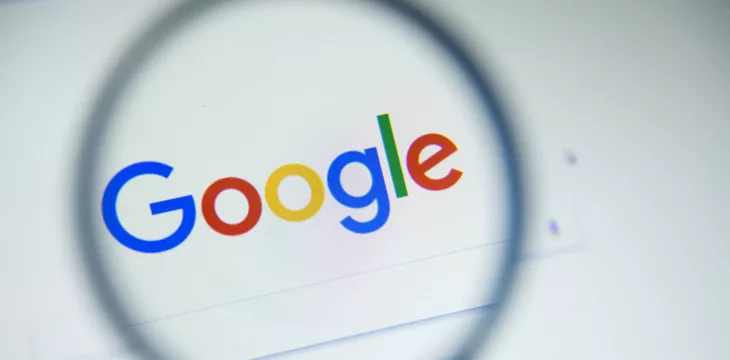|
Getting your Trinity Audio player ready...
|
Months after introducing artificial intelligence (AI) to its search engine, Google (NASDAQ: GOOGL) is moving on to list AI-generated responses for user queries on its platform.
Google’s new policy will see AI-generated answers appear ahead of regular search engine results as an “overview” for certain topics. The AI-backed response is Google’s attempt to provide robust written results for users after early studies into AI and other emerging technologies yielded impressive results.
For over a year, Google has been tinkering with AI-based results with its Search Generative Experience (SGE), racking positives along the way. Early users of the AI experiences noted helpful results when presented with AI-generated responses to specific questions, such as “How to get stains off clothes.”
Hema Budaraju, senior director at SGE, disclosed that Google will now proceed with providing users with AI-based answers in light of previous studies.
Rather than throw open the floodgates, Google says it will roll out the AI offering in Google Search using a cautious approach. For starters, the tech giant will only offer a portion of United States-based users with the service, extending the same strategy to a slice of users in the United Kingdom.
The slow-and-steady approach is expected to prevent Google from certain pitfalls, including misinformation and bias. Buduraju disclosed that the big tech firm will continue tweaking the service for consumers to ensure its safe usage amid turbulent times for the sector.
“We will find issues of bias and safety, but the commitment is to find these and then invest in making it better,” said Buduraju in an interview with the BBC.
Google says it will prioritize accuracy of information over fluency as part of its decision to lean on AI-generated results for its search engine.
Several glaring problems currently plague Google’s new policy, including the difficulty of “prioritizing responses that sound human and are completely objective.” Other issues include claims from diverse quarters that Google’s SGE has a propensity to misinterpret questions, generate its facts, and select low-quality sources for its responses.
AI on the horizon for news publishers
Google is not the only firm incorporating AI into its search engines, with Microsoft (NASDAQ: MSFT) and other firms experimenting with the move. With Bing and Google Search steamrolling ahead, publishers are worrying about the potential for dwindling revenue, given the nod to AI-generated content.
There is wide speculation that users could rely on AI-generated results without scrolling to click on actual websites, putting a dent in the revenues of publishers.
However, Google attempts to allay their fears, claiming that the search results will continue to show ads. It also clarified that its early studies recorded an uptick by clicking multiple websites in search of further information.
In order for artificial intelligence (AI) to work right within the law and thrive in the face of growing challenges, it needs to integrate an enterprise blockchain system that ensures data input quality and ownership—allowing it to keep data safe while also guaranteeing the immutability of data. Check out CoinGeek’s coverage on this emerging tech to learn more why Enterprise blockchain will be the backbone of AI.
Watch: Blockchain & AI unlock possibilities

 03-02-2026
03-02-2026 




